Fusion Markets
Forex trading platform
Six months
Web development
Online Forex trading
Web
About
Project Idea
The client partnered with us to create a design for the new Fusion Markets broker platform. However, when the design work was complete they asked us to develop the platform too.
The Сlient Had
- A concept for a new broker platform
- A third-party solution, which was no longer desirable
Project challenges
- The platform’s design
- New frontend and backend
Team
Project manager
Tech lead
Designer
QA engineer
Frontend engineer
Backend engineer
Full-stack engineer
Wireframes
The process of wireframing Fusion Markets was critical in order ensure the smooth combination of beauty and functionality.
UI/UX design
Subsequent to the creation of wireframes, we moved on to the design process. The focus here was to merge the visual and functional aspects of Fusion Markets.
Technology Stack
Fusion Markets is based on the following technologies:
For brokers
Authentication
The Fusion Markets platform can be accessed only by approved brokers. This protects the sensitive information from unwarranted access by third-party agents.
Deals
Brokers, on behalf of clients, can arrange and complete trading deals on the platform through participation in the process.
Clients
The list of clients is located on a separate tab, where brokers can manage them and monitor information concerning individual clients.
Stats
It’s easy to check essential stats, such as commissions and payments. Additionally, balances can be filtered on the basis of currency or commodity.
For staff
Partners
The Fusion Markets’ staff can manage the broker list, approve or decline the applications, and ban users if necessary.
Reports
The platform generates easy-to-use reports that contain statistics about brokers, deals, commissions and sales.
Management
The executives of Fusion Markets can manage staff directly from the platform, assign managers to brokers and control their levels of access.
Challenges and Solutions
The Fusion Markets project presented certain challenges, as described below:
Implementing static IPs
Problem:
On the old Heroku hosting system, it was difficult to implement static IPs that would offer access to databases. Such IPs are important because they heighten the security of the service.
Solution:
To enhance security with static IPs, we moved from Heroku to Amazon Web Services.
Domain issue
Problem:
The backend and main application should function under the same domain name.
Solution:
We chose to implement different ports for two apps and then wrote an NGINX configuration, which would redirect all requests to the necessary link with the port to the app’s backend.
What we have now
The platform for brokers was subsequently transferred to the company’s in-house team. The client is now planning the development of a new trading platform for cryptocurrency.
